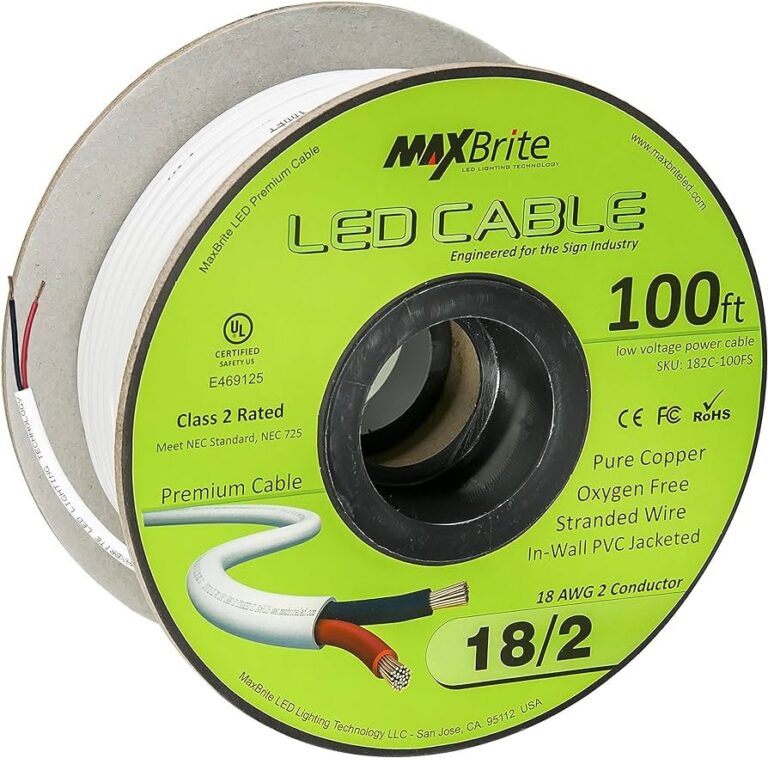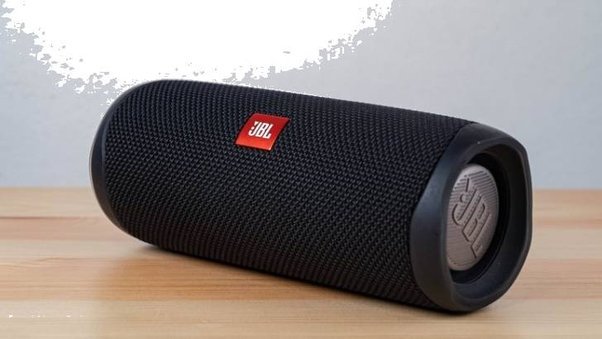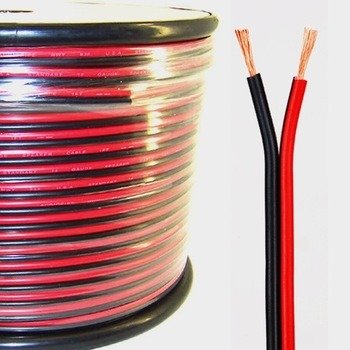Can You Use A Guitar Amp As A Speaker? Exploring The Possibilities
Can you use a guitar amp as a speaker? The simple answer is yes, but there are a few things to consider before plugging in your music player and hitting play. Guitar amps are primarily designed to amplify the sound of an electric guitar, so using them as a speaker for other audio sources might not give you the best sound quality. However, if you’re in a pinch and don’t have access to a proper speaker, a guitar amp can certainly get the job done. In this article, we’ll explore the pros and cons of using a guitar amp as a speaker and provide some tips to help you make the most out of this unconventional setup. Let’s dive in!
Can You Use a Guitar Amp as a Speaker?
When it comes to amplifying sound, guitar amps are a popular choice among musicians. But have you ever wondered if you can use a guitar amp as a speaker? In this article, we will explore the possibilities and limitations of using a guitar amp as a speaker. We will discuss the differences between guitar amps and speakers, the benefits and drawbacks of using a guitar amp as a speaker, and provide some practical tips for achieving the best sound. So let’s dive in!
The Difference Between Guitar Amps and Speakers
Before we delve into the topic, let’s understand the basic differences between a guitar amp and a regular speaker. While both devices are designed to produce sound, they serve different purposes and have distinct characteristics:
- Guitar Amps: Guitar amps are specifically designed to amplify the sound of an electric guitar. They have dedicated circuits and controls to shape the guitar’s tone, with features like gain, equalization, and effects. Guitar amps are optimized to enhance the unique characteristics of the instrument, such as its mid-range frequencies and overdrive capabilities.
- Speakers: On the other hand, speakers are more versatile and can reproduce a wide range of audio sources, including guitars, vocals, and other instruments. They are designed to provide accurate and balanced sound reproduction across different frequencies, without emphasizing specific instrument characteristics.
The Pros and Cons of Using a Guitar Amp as a Speaker
Now, let’s weigh the pros and cons of using a guitar amp as a speaker. While it may seem tempting, there are a few factors to consider before repurposing your guitar amp as a standalone speaker:
- Pros:
- Guitar amps often have built-in speakers, so if you already own a guitar amp, it can serve dual purposes.
- You can use a guitar amp as a speaker for playing music from various audio sources, including smartphones, laptops, or even record players.
- Guitar amps offer unique tonal characteristics that can add color and warmth to your music, especially if you enjoy the vintage sound associated with tube amplifiers.
- Cons:
- Guitar amps are typically designed to handle specific impedance levels and power ratings suitable for guitars. Connecting certain audio sources with different impedance or power requirements may strain the amp and potentially damage it.
- While guitar amps can reproduce full-range audio, they are not optimized for this purpose. The sound may lack the clarity and accuracy you would expect from a dedicated speaker.
- If you use a guitar amp as a speaker, you won’t have control over features like equalization or volume adjustment, which are standard on dedicated speakers.
Practical Tips for Using a Guitar Amp as a Speaker
If you still decide to use your guitar amp as a speaker, here are some practical tips to ensure the best possible sound quality:
- Matching Impedance: To avoid damaging your guitar amp, make sure the impedance of the audio source matches the amp’s specifications. Look for the impedance rating on both the amp and the audio source and ensure they are compatible. If the impedance doesn’t match, consider using an impedance matching device.
- Volume Control: When connecting an audio source to your guitar amp, start with the volume controls set to a low level. Gradually increase the volume to a comfortable listening level. This gradual increase helps prevent sudden volume spikes that could potentially damage the speaker or your ears.
- Equalization: Since most guitar amps do not have built-in equalization features for external audio sources, consider using an equalizer pedal or software to fine-tune the sound according to your preferences.
- Careful with Low Frequencies: Be cautious when playing music with heavy bass or low-frequency content. Guitar amps are not typically designed to handle extremely low frequencies, so pushing them to their limits may result in distorted or muddy sound.
- Experiment: Don’t hesitate to experiment with different audio sources and amp settings. You might discover unique and interesting tonal qualities that enhance your listening experience.
While you can technically use a guitar amp as a speaker, it’s important to consider the limitations and potential risks. Guitar amps are primarily designed to amplify electric guitars and have specific tonal characteristics. While they can produce sound from various audio sources, they may not deliver the same level of sound quality and versatility as dedicated speakers. If you’re looking for a reliable and high-quality audio playback, investing in a good-quality speaker is recommended. However, if you’re curious about the tonal impact and enjoy experimenting with different sounds, using a guitar amp as a speaker can be a fun and creative option. Just remember to take necessary precautions and enjoy the journey of exploring sound in new ways.
Frequently Asked Questions
Can you use a guitar amp as a speaker?
Yes, a guitar amp can be used as a speaker. However, there are some important considerations to keep in mind.
What type of guitar amp can be used as a speaker?
Most guitar amps can be used as a speaker for audio playback. However, it is important to note that some guitar amps may not have the same frequency response range as dedicated speakers, which could affect the quality of the sound.
Can you connect other devices to a guitar amp to use it as a speaker?
Yes, you can connect various devices such as smartphones, MP3 players, or even laptops to a guitar amp using the appropriate cables. This allows you to play music or audio from these devices through the amp’s speaker.
What are the limitations of using a guitar amp as a speaker?
Using a guitar amp as a speaker may have some limitations. The frequency response range may not be as wide as that of dedicated speakers, which means the sound quality might not be optimal for certain types of music or audio playback. Additionally, guitar amps are specifically designed for electric guitars and may not be suitable for reproducing the full range of audio frequencies found in other types of music.
Can using a guitar amp as a speaker damage the amp?
Using a guitar amp as a speaker for audio playback should generally not damage the amp. However, it is essential to pay attention to the volume levels. Playing music or audio through the amp at excessive volumes for extended periods could potentially lead to overheating or other damage. It is recommended to use the amp within its appropriate power rating and not push it beyond its limits.
Can a guitar amp be used as a speaker without a guitar connected?
Yes, a guitar amp can be used as a speaker without a guitar connected. Simply connect an audio source, such as a smartphone or MP3 player, to the amp using the appropriate cables, and you will be able to play music or audio through the amp’s speaker.
Final Thoughts
Using a guitar amp as a speaker can be a viable option in certain situations. While it may not provide the same audio quality as a dedicated speaker, a guitar amp can still deliver decent sound for casual listening or small gatherings. However, it’s important to consider the limitations of a guitar amp, such as its intended purpose for electric guitars and potential lack of connectivity options. Additionally, using a guitar amp as a speaker may put extra strain on its components, potentially leading to damage over time. Ultimately, whether you can use a guitar amp as a speaker depends on your specific needs and preferences.






